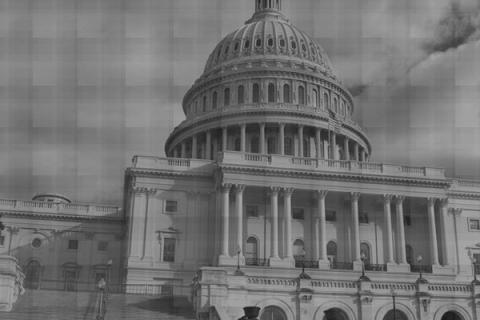A Gallup poll published this Thursday found that 47% of Americans have an unfavorable image of the Tea Party movement, the highest unfavorable rating since the fledgling movement erupted onto the national scene.
When Gallup first began tracking perceptions of the Tea Parties in March of 2010, 40% of Americans viewed them unfavorably, while 37% had a positive view. According to Gallup, those numbers remained steady until this January, when favorability started to dip from 39% to 33%, and the number of Americans with a negative view went up from 42% in January to the all-time high of 47% in late April.
Demographics with the highest percentage of Americans favoring the Tea Parties included Republicans, conservatives, men over the age of 50, and people living in the South. Democrats, liberals, women over the age of 50, and people living on America's coasts tended to have the least favorable views of the Tea Party movement. Independents-- those respondents with no party affiliation-- leaned unfavorable, with 30% favoring the Tea Parties and 43% viewing them unfavorably.
While favorable/unfavorable ratings have shifted in recent months, the number of Americans who identify as Tea Party "supporters" has held steady over the last year at 30%, indicating that those who feel they belong to the Tea Party movement and are likely to have participated in any number of its rallies and protests, have not yielded in their suppport, even as outside opinions of the Tea Party have shifted.
The public opinion shift could have any number of causes. It could simply be that after seating its first class of representatives and senators following the Republican victory in November, Tea Party energy and engagement have lost steam, allowing public opinion to stale in the absence of activity and campaigning. Americans might also be disappointed with the Tea Party's record so far, for instance, because more GOP freshman congressmen voted to renew the Patriot Act than incumbent Republicans.
Meanwhile, Tea Party-backed lawmakers like Allen West and Marco Rubio have vocally pursued an aggressive foreign policy that might remind more Americans of Bush (and Obama) than it does Jefferson. It could also be that a Republican-led charge to reform entitlements and cut their budgets might also have left many Americans aggravated at the Tea Party movement, especially demographics that are concerned or confused about how these reforms will affect them.
The USA Today/Gallup poll was conducted from April 20-23 with a sample of over 1000 adults living in all 50 U.S. states, using both cellular and landline phones, with a sampling error of plus or minus 4 percent.

